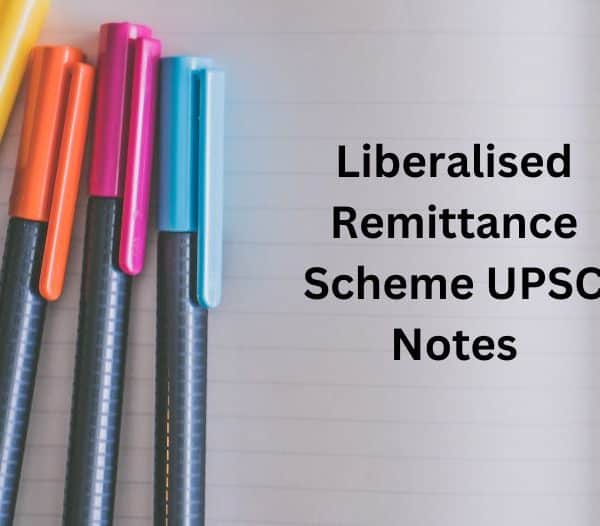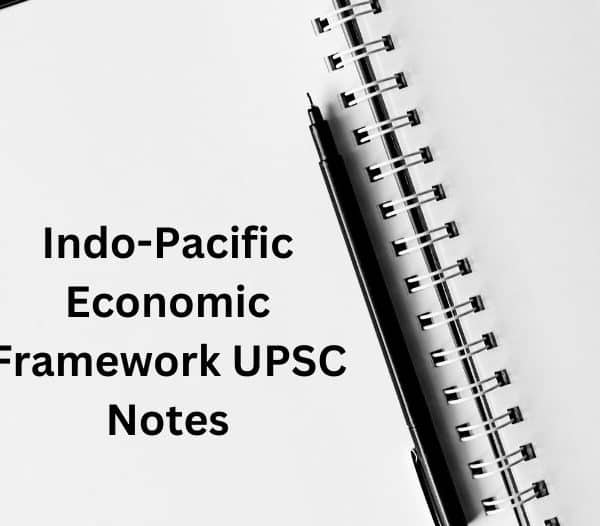Current Affairs is one of the most important topics for the UPSC IAS exam. Every UPSC Civil Services Exam (CSE) aspirant should have up-to-date knowledge of daily current affairs. In this article, we will share some of the current affairs of this week. Read this article till the end to know all the current affairs 2020.
Current Affairs 2020
Some of the important topics that will be covered in this article are:
- Global Hunger Index 2020
- Inhuman Nature of Manual Scavenging in India
- India-Taiwan Trade Ties and China
- Malabar 2020: Big Move to Counter China
- National Infrastructure Pipeline: Catalyst for Future Growth
- Urban Flooding in India: Causes and Possible Solutions
Let us understand each topic one by one.
Global Hunger Index 2020
Recently Global Hunger Index (GHI) was released by Concern Worldwide and
Welthungerhilfe. GHI hunger is used to track hunger at the global level, regional level, and national level. The Global Hunger Index is calculated on the following factors:
- Undernourishment
- Child Wasting
- Child stunting
- Child mortality
Based on these factors, GHI is calculated on a scale of zero to a hundred. Where zero is the best and ideal score meaning no hunger and hundred being the worst possible case.
In the GHI report, India was behind Indonesia (70), Nepal (73), Bangladesh (75), and Pakistan (88). Out of 107 countries India had only sixteen countries behind.
Countries with high incomes and low populations were excluded.
Inhuman Nature of Manual Scavenging in India
Sanitization workers in India face a mark of disgrace and a violation of basic human rights. During the time of the latest Chennai floods, the workers were made to travel in a garbage truck. Most of the time this job is given to a person according to his or her cast. There are several laws and acts that were made in the past to tackle this issue:
- The protection of the Civil Rights Act, 1955 takes about the elimination of scavenging or
Sweeping which as assigned to the untouchables.
- There were more laws passed in the coming year. In 1989 one Scheduled Castes and Scheduled Tribes Act was enforced and also the National scheduled Castes and Scheduled Tribes Finance and Development Corporation (NSCSTFDC), now known as NSKFDC was formed to give financial support to the sanitation workers.
- There have been several efforts taken to ban manual scavenging. In 2020 The Prohibition of Employment as Manual Scavengers and their Rehabilitation (Amendment) Bill was proposed to make mechanize the sever cleaning projects. This bill is not in waiting in Parliament.
India-Taiwan Trade Ties and China
India and Taiwan have agreed to help each other. India and Taiwan have signed a trade deal with Taiwan. China while opposing this idea of there has said that it will strictly oppose such kind of official exchanges between both the countries.
This trade with Taiwan will be very beneficial for India to invest in technology and electronics.
China is intruding because India has not yet officially abandoned its ‘One-China’ policy.
Malabar 2020: An Initiative to Counter China
The Malabar exercise started in 1992 as a bilateral Indian Navy and US Navy exercise. Japan joined this exercise in 2015. In the past, these exercises were held on the coast of Guam in Philippines in 2018. In 2019 it was held on the off coast of Japan, In 2020 this exercise will be taking place in the Bay of Bengal and the Arabian Sea.
This year Australia will also be participating in the exercise. Making it a trilateral Indian Navy, US Navy, Japan-Navy, and Australian Navy exercise
The goal of this drill is to strengthen the cooperation between the Navies. China has been breaking international law on the daily basis and has broken ties with many counties, especially the countries including involved in this exercise. So this drill is supposed to be an indirect threat for China.
However, it is now confirmed whether Australia will be the permanent member of the naval exercise.
Also Read: How to Prepare Current Affairs for UPSC Without Reading Newspaper?
National Infrastructure Pipeline
National Infrastructure Pipeline (NIP) is a project which aims to develop the economic status of the country post-COVID-19. This pandemic has drastically affected the economic growth and the GDP is fallen down to -23.9%. Therefore the government is highly focusing on getting the economy back on track.
The objective is to provide world-class infrastructure to the citizens and improve their quality of life. The projects of NIP will focus on the following:
- energy, social and commercial
- infrastructure, communication,
- water and sanitation.
13.6 Trillion INR are allocated for the NIP project in this financial year. And 19.5 trillion INR is allocated to the years 2021-22, 2023-24 financial year. 80 percentage of the investment will be financed by the government.
Once the basic infrastructure is built then the government can shift towards the foreign investment of subsequent projects.
Urban Flooding in India: Causes and Possible Solutions
Flood has been a major disaster faced in many major cities parts of India including Hyderabad, Pune, and Mumbai. The floods are responsible for the loss of life and infrastructure which leads to the decline of the economy of the states and also of the country.
A master plan is needed that is also integrated with the drainage system, sewage system of the cities. A water infrastructure map should also be incorporated.
Also Read: How to Prepare Current Affairs for UPSC? Which Monthly Magazine is Best for UPSC?
Conclusion
Many questions related to current affairs are asked in the UPSC exam. This makes current affairs one of the most important areas of the exam. In mains examiner will try their best to confuse candidates with options, there you will have to be on point when it comes to information related to current affairs.
Daily current affairs reading habit is mandatory for IAS aspirants. But only reading once will do no you good therefore you will have to make proper notes and revise them on a consistent basis.
All the best for your preparation!






